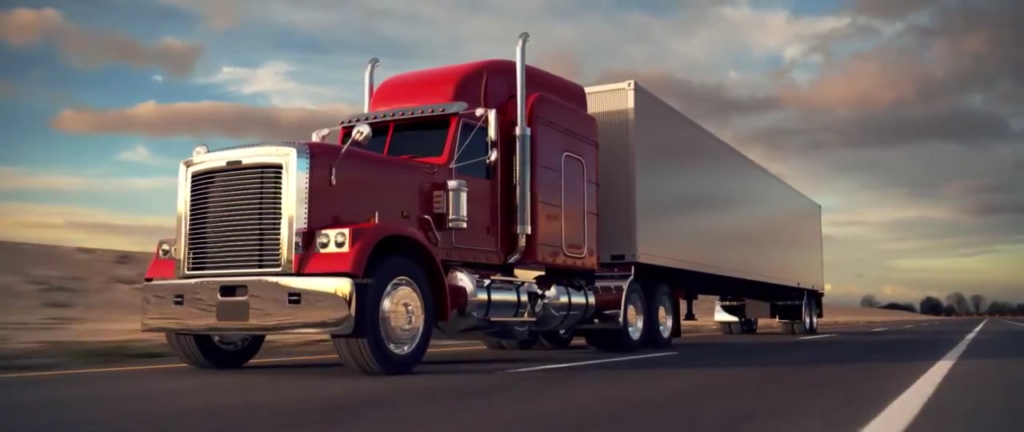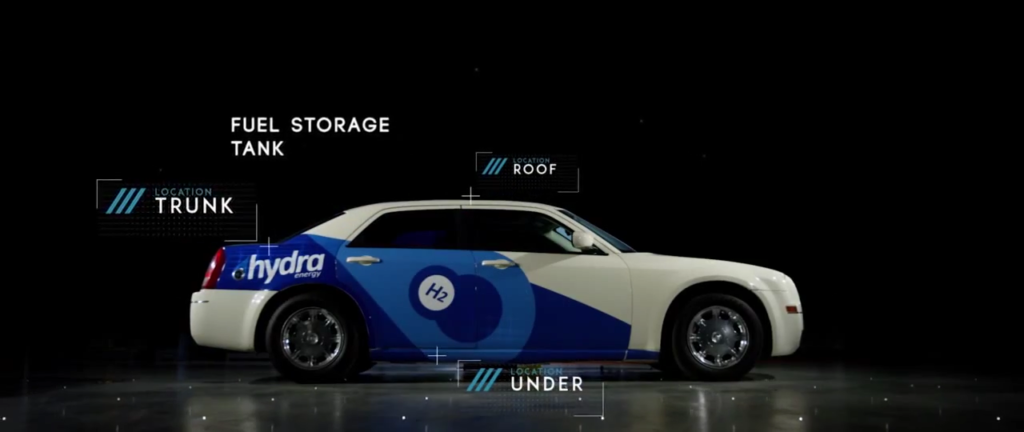Vancouver-Based Company to Reduce the Transportation Footprint
Transportation accounts for 25% of global emissions. By 2030, commercial operators will account for more emissions on the road than passenger vehicles. We see cars powered by natural gas, solar power or in the case of MythBusters, cooking oil. However, hydrogen, once promoted as the clean fuel of the future, has yet to meet its promise.
Hydra Energy aims to contribute to solving the decarbonization dilemma. The company offers hydrogen as a direct combustible replacement for gas- and diesel-burning engines.
Hydra energy is a Vancouver-based venture providing hydrogen-as-a-service. The company wants to help commercial fleet operators upgrade their vehicles to run dual fuel with hydrogen.
We upgrade fleets at zero upfront costs providing cost savings on fuel and a large reduction in emissions.
However, the demand for hydrogen-fueled vehicles is still low, resulting in a lack of fueling stations and vice versa. Despite many benefits of hydrogen fuel, the universe’s most abundant element requires an energy-heavy production process which often means producing more emissions.
And then there’s the risk factor. Since the Hindenburg disaster in 1937, there has been lingering stigma around the safety of hydrogen fuel. The challenge lies in finding an appropriate storage tank that would prevent hydrogen from exploding in an accident.
Hydra’s Hydrogen-As-a-Service
The company’s business model is based on delivering cleaner burning hydrogen at lower cost than diesel to fleet operators over long-term contracts. Currently, they’re targeting short-haul heavy-duty trucks that return to the yard on a daily basis, thereby solving the distribution challenge.

Upon signing a long-term fuel purchase agreement to buy hydrogen fuel at rates 10 to 30 cents below diesel, the company will cover the capital costs of turning the existing truck engines to dual hydrogen/diesel engines.
The Vancouver startup already partnered with some chemical plants that produce hydrogen as a byproduct. The company buys enough waste hydrogen to power 2,000 personal vehicles. Using waste hydrogen, the technology should improve fuel efficiency, bring down carbon emissions and reduce operational costs in dual-fuel heavy-duty truck fleets.
How Are the Vehicles Converted?
To convert a vehicle, Hydra first requires the installation of the fuel storage tank. This can be either located in the trunk, underneath the vehicle or mounted on the roof. Afterwards, a fuel injector is installed alongside the vehicle’s existing fuel system. This way it can inject liquid diesel/gasoline or gaseous hydrogen.

The “brains” of the system is the engine control unit (ECU) that regulates the flow of hydrogen and gaseous fuels. Lastly, to ensure maximum security, a series of sensors locating the presence of hydrogen are installed.
From a 4th Grade Science-Fair to Top 30 Under 30
The co-founder and CEO of Hydra Energy, Simon Pickup, build a hydrogen electrolyzer for a science fair in a 4th grade. Later on, he quit high school to devote his time to creating hydrogen energy technology and founded Hydra Energy together with Badr Abduljawad in 2012. Simon Pickup was also the winner of BC Business’ top 30 under 30 in 2017.
In addition to $2 million raised in equity funding, Hydra was awarded $1 million by BC Innovation Council aimed for future R&D. In the future, the company plans to build a $10 million fuel-plant able to recover waste hydrogen released as industrial emission.
For more details, check out their website.


